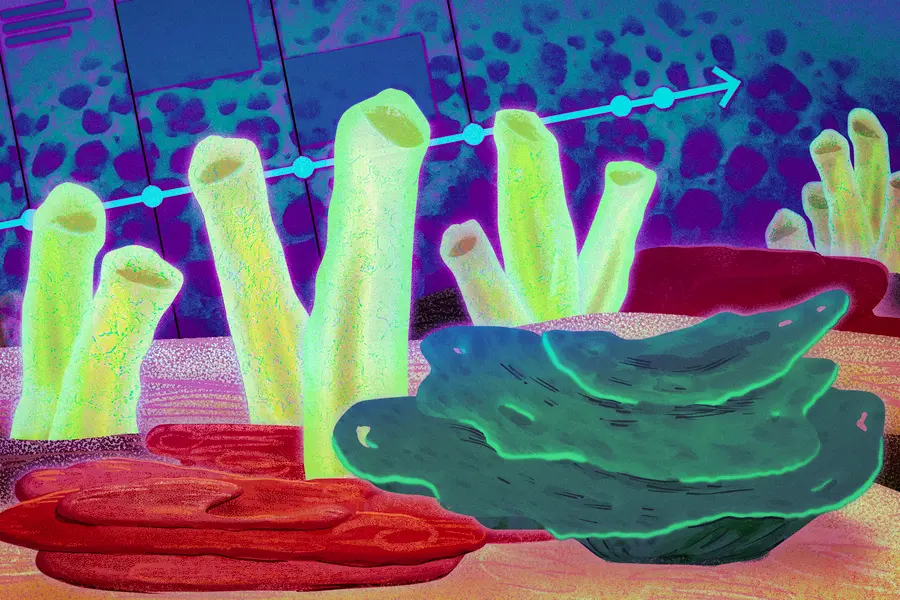The Center for Biological Diversity sued the Trump administration on October 1, 2025, demanding records about the U.S. Department of Agriculture’s termination of diversity, equity and inclusion (DEI) programs. The lawsuit comes after the USDA announced plans in June to cut 145 DEI awards worth up to $148.6 million.
The legal action follows months of controversy since USDA Secretary Brooke Rollins declared the agency would eliminate what she called “woke DEI propaganda” to put “American Farmers First.” Despite the large dollar figure announced, the USDA has publicly identified only about $3.3 million in specific targeted programs.
“Americans, including farmers, have a right to know how the administration’s cruel and destructive anti-DEI agenda will affect farming communities and our food security,” said Stephanie Feldstein, population and sustainability director at the Center for Biological Diversity.
The lawsuit seeks details that remain unclear: which specific awards were terminated, who received them, award amounts, effective termination dates, and the criteria used to select programs for elimination. The Center filed a Freedom of Information Act (FOIA) request on July 8 but has received no records despite federal law requiring agencies to respond within 20 business days.
The terminated programs appear to include initiatives supporting marginalized farmers, local food production, and urban green spaces. Among the few examples publicly disclosed were a $575,251 project educating disadvantaged farmers about conservation practices, a $192,246 urban forestry initiative promoting equitable green spaces, and a $2.5 million program expanding access to land and markets for underserved producers in the Bay Area.
Similar Posts
The USDA’s action stems from executive orders signed in January 2025 directing federal agencies to terminate DEI-related grants, contracts and offices. Since then, the department has reportedly terminated 78 contracts totaling $132 million and canceled 948 trainings, including 758 related to DEI.
While the USDA characterizes these changes as eliminating discrimination and restoring merit-based policies, critics argue the cuts threaten programs that have demonstrated success. One affected group, Providence Farm Collective, reported their program had achieved a 400% increase in yields and sales for beginning farmers.
The controversy reflects broader policy shifts throughout the federal government. The Center for Biological Diversity has filed more than a dozen similar FOIA lawsuits since Trump’s second term began, seeking records about various environmental and regulatory changes.
As the legal battle unfolds, both farmers and advocacy groups await clarity on exactly which programs face termination and what criteria are being used to make these decisions.



















